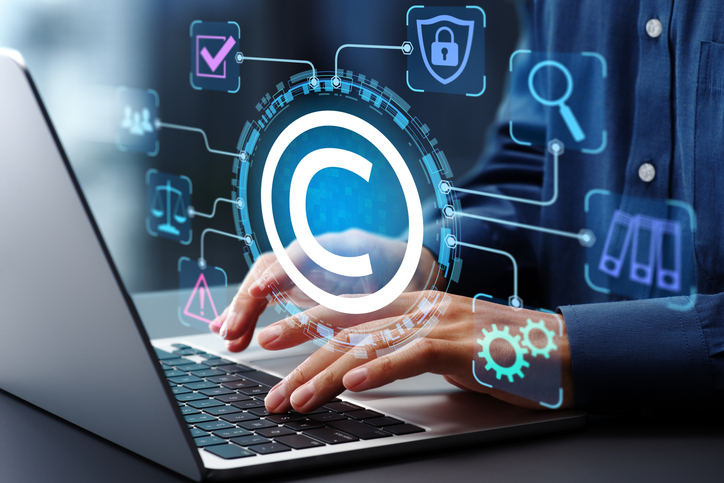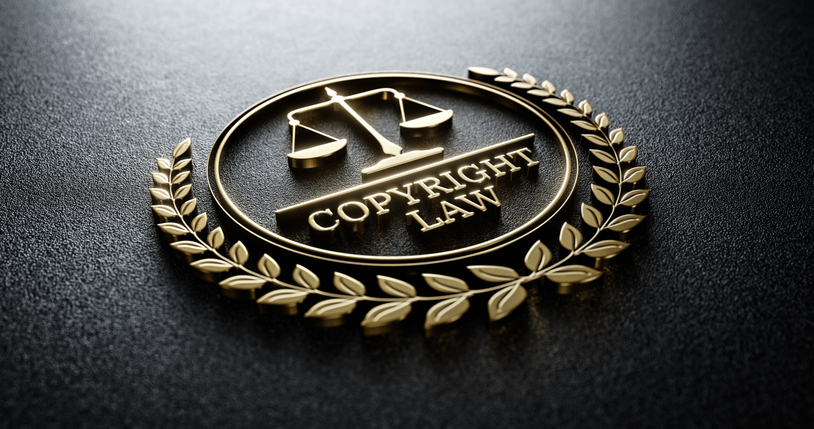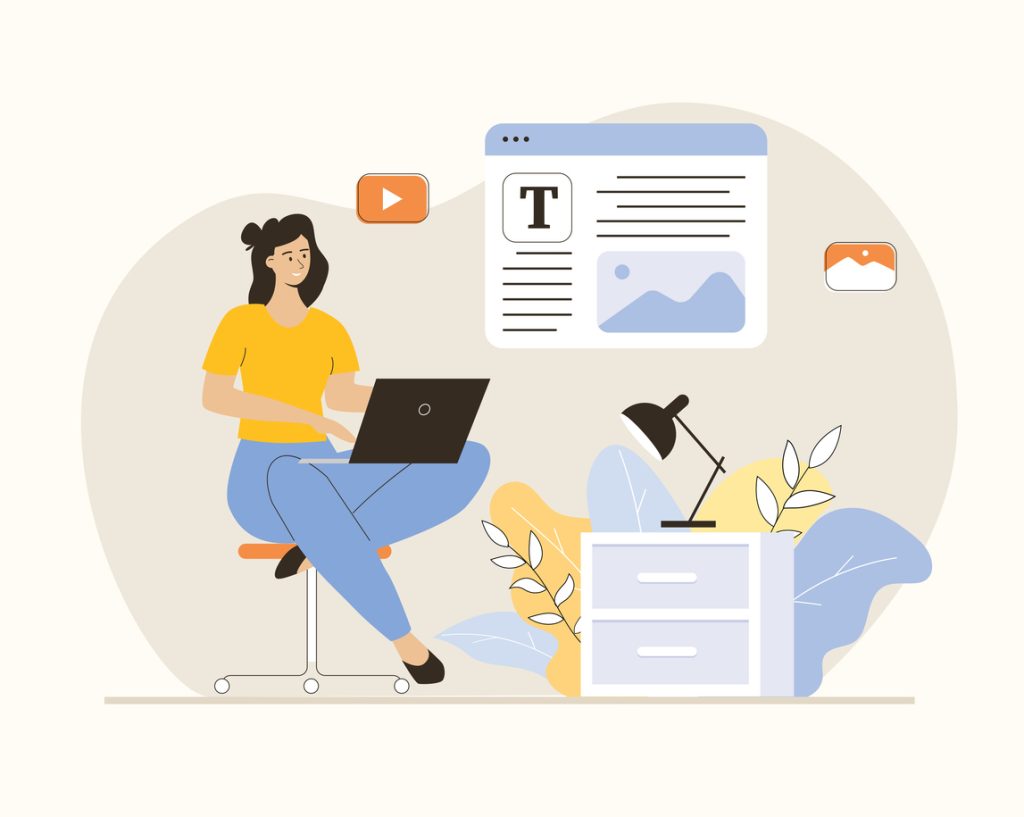In the digital age, copyright law for content creators plays a critical role in shaping how creative works are protected, licensed, and monetized. From writers and musicians to photographers, designers, and video producers, understanding copyright principles is no longer optional—it is essential for anyone producing original content. The rise of online platforms has made the distribution of creative works easier than ever, but it has also amplified legal challenges. For creators, mastering copyright and licensing frameworks means safeguarding their intellectual property while also learning how to properly use the works of others without infringing on legal protections.
This guide explores the fundamentals of copyright, explains the licensing frameworks available, and examines the consequences of misuse. By the end, readers will have a clearer understanding of why copyright law for content creators is a cornerstone of professional success in 2025 and beyond.
The Foundations of Copyright Law for Content Creators
Copyright is a legal protection granted to creators of original works fixed in a tangible medium of expression. Under U.S. law, these protections arise automatically upon creation, meaning that an author does not need to formally register a work for it to be protected. However, registration offers significant legal advantages, including the ability to enforce rights in court.
For creators, recognizing the scope of protection is vital. Literary works, music, visual art, architecture, and software code are all protected categories. The law excludes ideas, methods, and facts, focusing instead on the expression of those ideas. This distinction ensures that innovation can thrive without overly restricting others from building upon shared knowledge.
When creators understand the breadth of protection, they gain the ability to both secure their original content and avoid unintentional infringement on the rights of others. Without this knowledge, it becomes difficult to navigate licensing or to pursue remedies against unauthorized use.
Why Copyright Law for Content Creators Matters in the Digital Economy
The internet has blurred traditional boundaries of ownership, making it easy to copy, share, and repurpose creative works without permission. While this accessibility benefits global communication, it also heightens the risks of infringement. For content creators, the consequences of misuse can range from takedown notices to costly lawsuits.
At the same time, copyright law empowers creators to license their works in ways that support financial growth. Licensing agreements can allow works to be distributed on streaming platforms, reproduced in books, or adapted for new media formats. Without a clear understanding of rights and responsibilities, creators risk undervaluing their work or unintentionally surrendering control.
In short, copyright law for content creators is not only about preventing theft; it is about unlocking opportunities for sustainable professional advancement.

Licensing Options Under Copyright Law for Content Creators
Licensing determines how creative works can be used by others. For creators, choosing the right licensing framework can mean the difference between wide exposure and strict exclusivity. Common types of licenses include exclusive licenses, where only one party may use the work; non-exclusive licenses, where multiple users share access; and creative commons licenses, which provide varying levels of permission for free use.
An exclusive license grants significant control but may limit future opportunities. A non-exclusive license allows flexibility, enabling creators to distribute the same work across multiple platforms. Creative Commons licenses have gained popularity for their ability to foster collaboration while still retaining credit for the original creator. Each of these options reflects how copyright law for content creators adapts to different professional goals and circumstances.
Understanding licensing frameworks helps avoid disputes. A poorly drafted agreement can leave a creator vulnerable to exploitation, while a well-defined license ensures fair compensation and preserves ownership rights.
The Role of Fair Use in Copyright Law for Content Creators
Fair use is one of the most misunderstood aspects of copyright law. It allows limited use of copyrighted works without permission under specific circumstances, such as commentary, parody, or education. Courts evaluate fair use by considering factors such as the purpose of use, the nature of the work, the amount used, and the effect on the market value of the original.
For creators, relying on fair use without a proper understanding can be risky. A video blogger who incorporates short clips from a film may believe the use qualifies as commentary, but the legal boundaries are not always clear-cut. The same principle applies to musicians sampling sound recordings. While fair use offers flexibility, misuse can result in infringement claims.
Ultimately, fair use exists to balance the protection of original works with the promotion of cultural dialogue and innovation. In practice, copyright law for content creators requires careful judgment when invoking this doctrine.
Enforcement of Rights Under Copyright Law for Content Creators
Enforcing copyright is often necessary when unauthorized use occurs. Tools like the Digital Millennium Copyright Act (DMCA) provide mechanisms for creators to issue takedown notices against infringing material posted online. Registration with the U.S. Copyright Office enhances enforcement by allowing creators to pursue statutory damages in court.
For example, a photographer whose images are used on a commercial website without permission may file a DMCA notice. If the website fails to comply, litigation becomes a possibility. In these cases, understanding both the process and the potential remedies is critical.
The ability to enforce rights strengthens the value of creative works. Without enforcement, infringement becomes normalized, and creators lose both revenue and recognition. This is why copyright law for content creators emphasizes proactive registration and vigilance in monitoring unauthorized uses.

International Dimensions of Copyright Law for Content Creators
Because digital content travels globally, creators often face challenges when works are used in different jurisdictions. While treaties such as the Berne Convention establish minimum standards for protection, enforcement can vary widely across countries. For a filmmaker distributing content online, rights may be clear in the United States but harder to enforce abroad.
Global licensing frameworks can address this problem by defining terms across multiple regions. However, complexities remain, particularly when dealing with piracy or unlicensed streaming services. This international scope makes it crucial for creators to recognize that copyright is not confined by borders.
Understanding how copyright law for content creators interacts with global standards allows for better planning and stronger protection of works distributed online.
Educational Resources Supporting Copyright Law for Content Creators
Governments and legal institutions provide resources to help creators understand their rights. For instance, the U.S. Copyright Office at copyright.gov offers extensive information on registration, fair use, and enforcement procedures. These resources serve as foundational tools for creators who need practical guidance in navigating complex legal landscapes.
Accessing reliable legal sources ensures that creators avoid misinformation and base their decisions on sound principles. By relying on government-backed explanations, creators can confidently apply licensing strategies that align with their professional goals.
Licensing and the Future of Copyright Law for Content Creators
As technology advances, new challenges continue to emerge. Artificial intelligence, for example, has raised questions about authorship and ownership of AI-generated works. The increasing role of digital marketplaces has also reshaped how licenses are negotiated and distributed.
For modern creators, anticipating these changes is essential. Flexible licensing agreements and updated knowledge of legal trends ensure that content remains protected even as industries evolve. The future of copyright law for content creators lies not only in securing present rights but also in adapting to new forms of creativity and distribution.

Conclusion: Why Copyright Law for Content Creators Cannot Be Ignored
Copyright is more than a legal safeguard—it is a framework that empowers creators to thrive in a competitive digital environment. By understanding licensing, fair use, enforcement, and global standards, creators can secure both recognition and financial benefit. The risks of neglecting copyright knowledge are significant, ranging from unintentional infringement to loss of control over valuable intellectual property.
Creators seeking a deeper exploration can review this guide on copyright law for content creators through this detailed resource, which outlines practical considerations for protecting original works. Combined with resources from the U.S. Copyright Office, creators can build strategies that balance creative freedom with legal protection.
In a digital economy where originality is currency, mastering copyright law for content creators is no longer optional—it is the foundation of lasting creative success.
